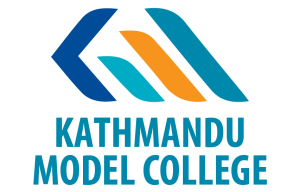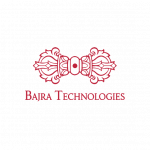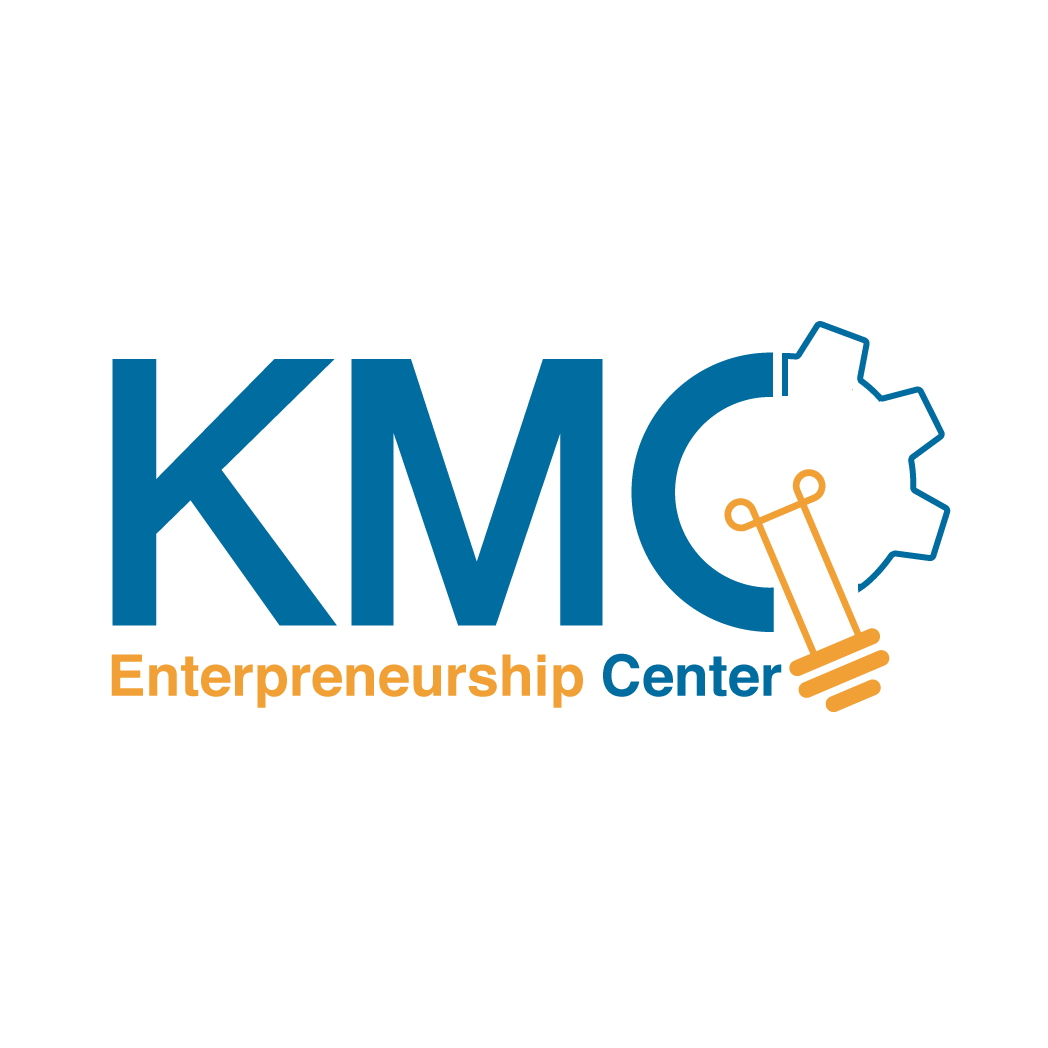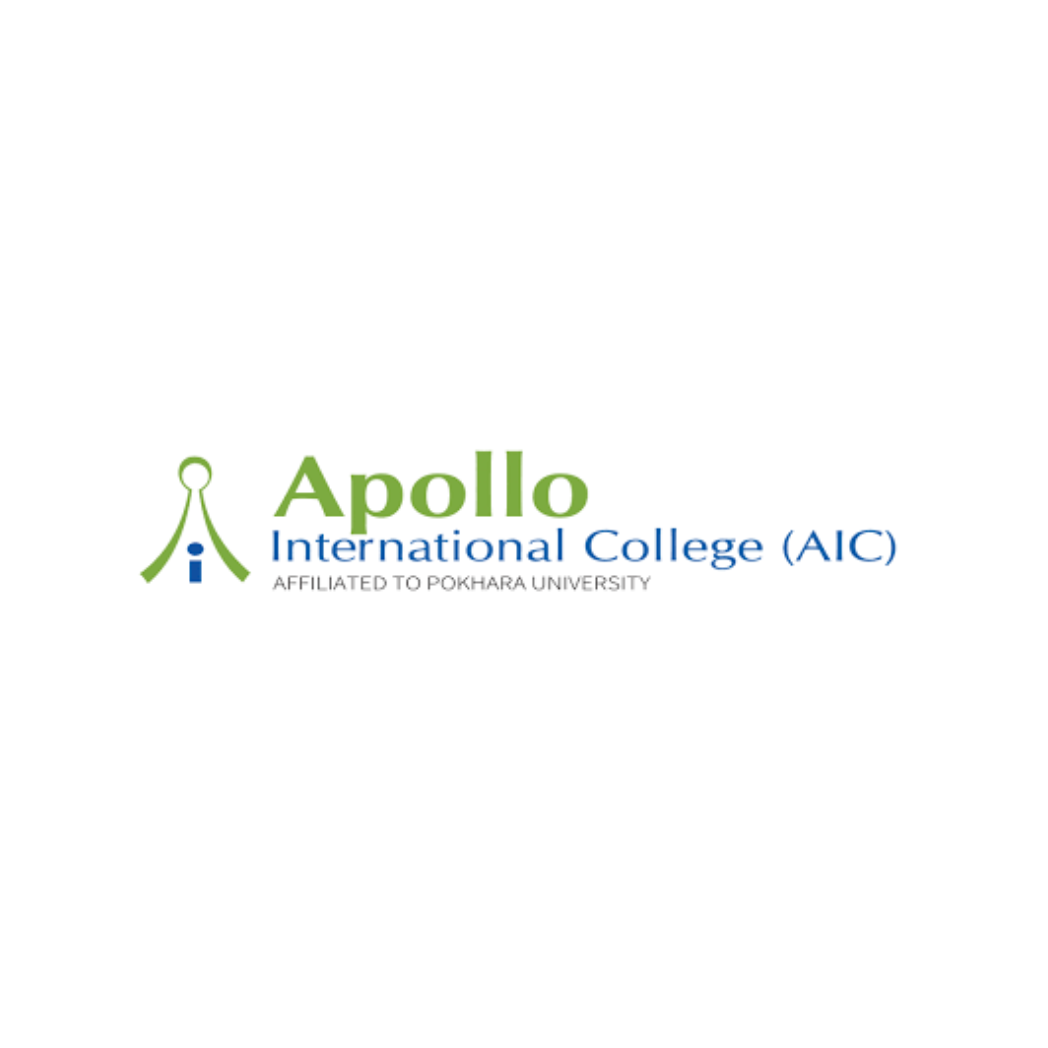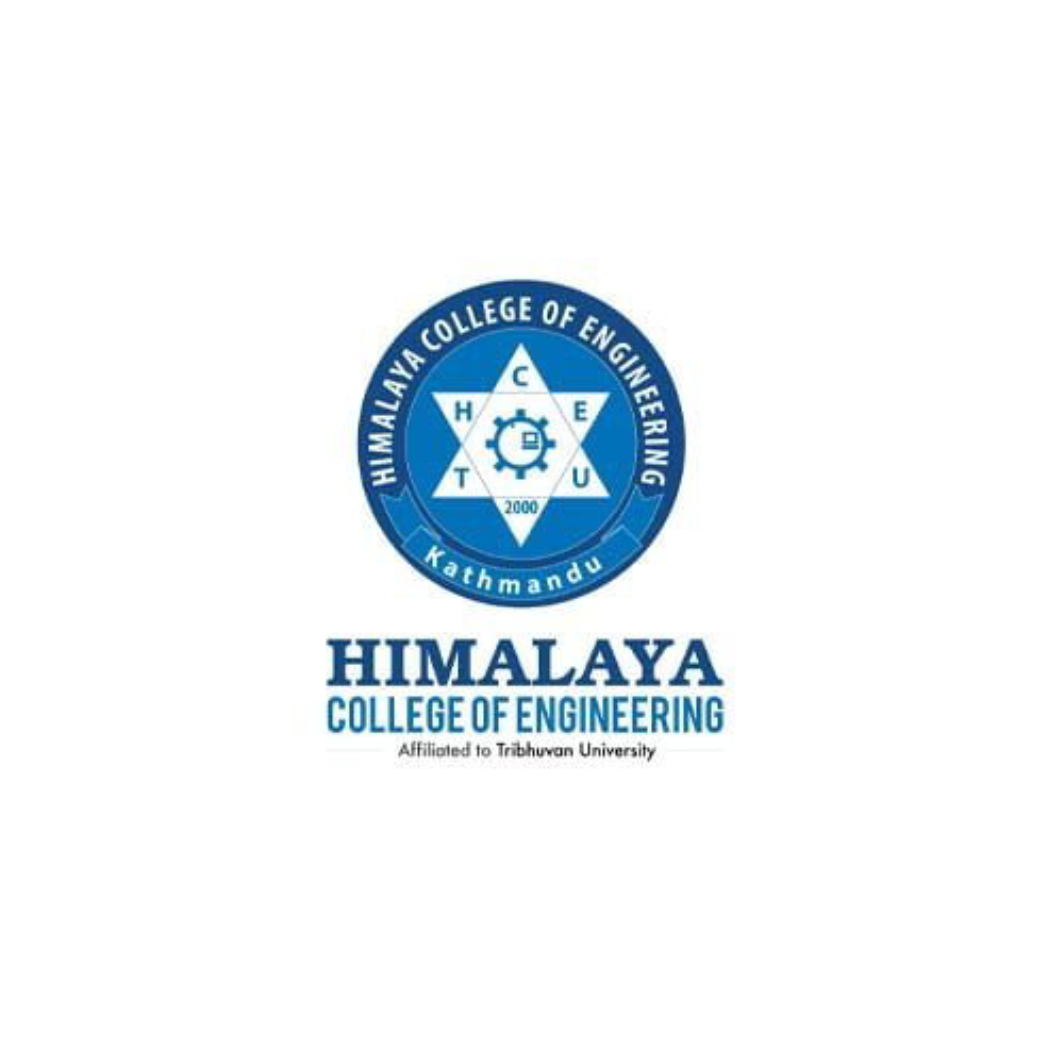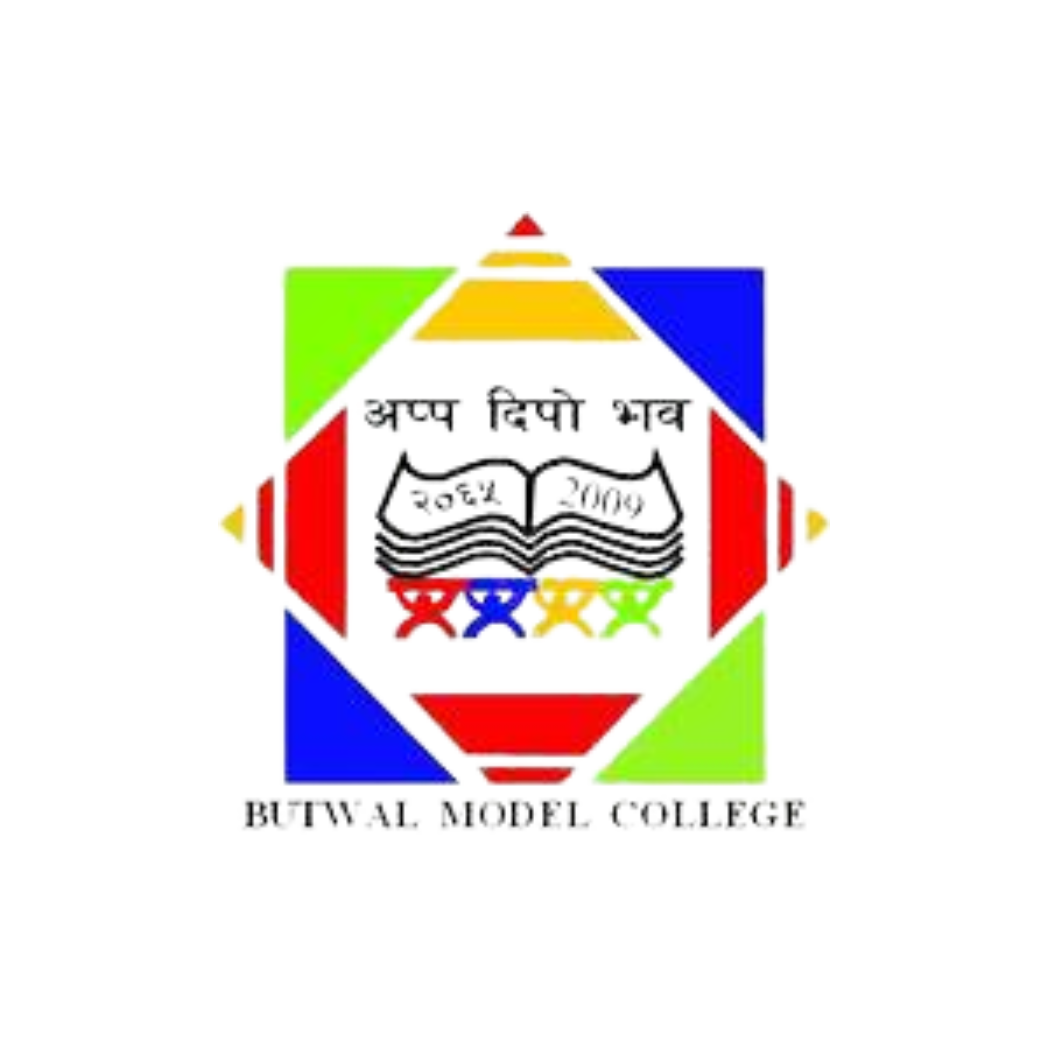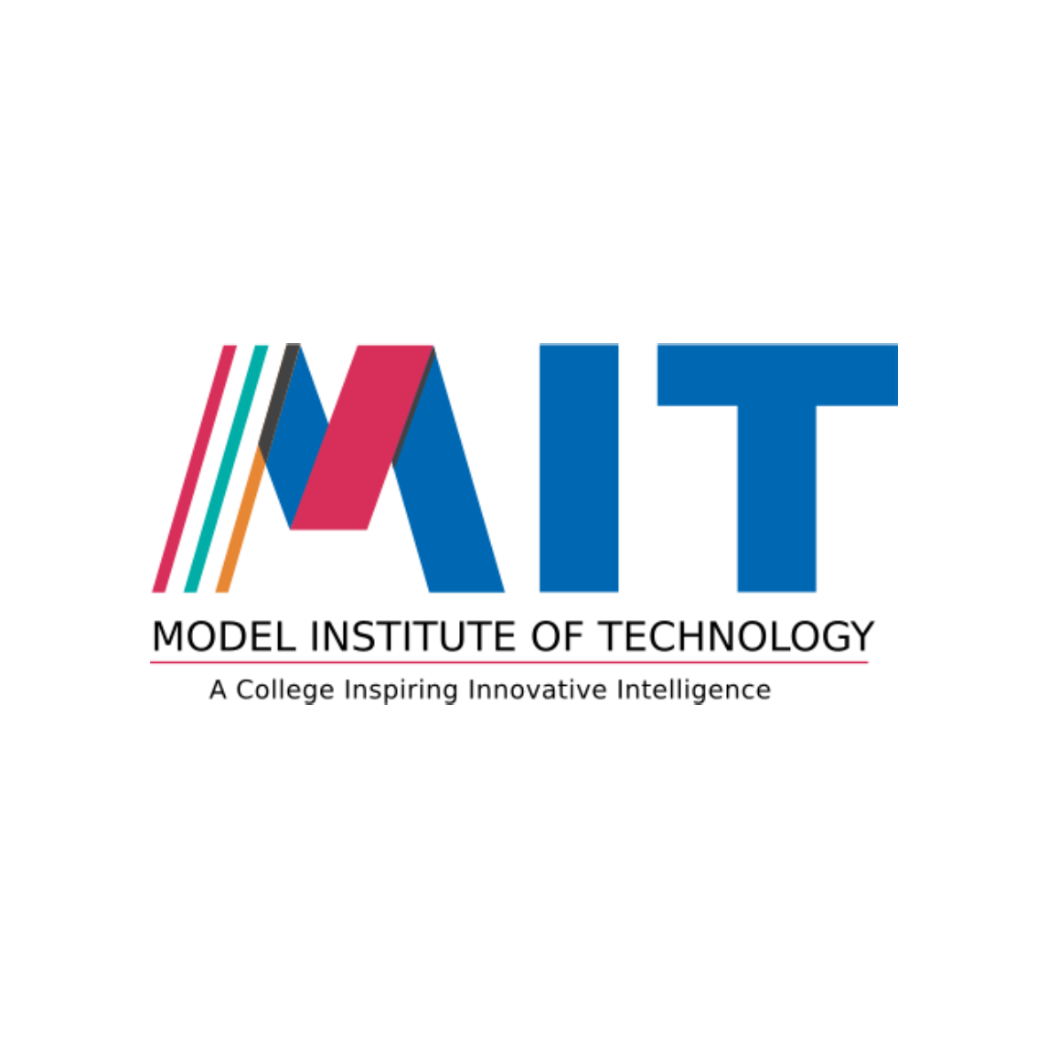
BSc. CSIT or BCA – Which Is Better for an IT Career in Nepal?
Information technology is a set of related fields within information and communications technology that encompass computer systems, software, programming languages, data and information processing, and storage.
It involves the management and utilization of technology to support various tasks and improve efficiency in handling data and communication.
The acquisition, processing, storage, and dissemination of vocal, pictorial, textual, and numerical information by a microelectronic-based combination of computing and telecommunication are its main fields.
Nepal’s IT sector is growing rapidly and becoming a key part of Nepal’s economy.
Government initiatives like the Digital Nepal Framework support digital infrastructure, literacy, and startup growth.
Yet, the demand for IT skills is still rising, as the industry faces a shortage of specialized talents, particularly in artificial intelligence, machine learning, cybersecurity, web, and mobile development, with good salary prospects.
Due to this, pursuing a bachelor’s degree, like a BSc. CSIT and BCA are both important and beneficial, aligning education with industry demand.
Read more about CMAT Preparation Guide
BSc. CSIT and BCA
In Nepal, the universities that provide BCA and BSc. CSIT programs are as follows:
- Tribhuvan University (TU)
- Pokhara University (PU)
- Purbanchal University
- Mid-Western University
Both Bachelor of Science in Science and Information Technology (BSc. CSIT) and Bachelor of Computer Application (BCA) are undergraduate IT programs designed to provide necessary information and knowledge to students for careers in Information Technology (IT).
While both programs share a similar aim, they differ from one another in terms of eligibility criteria and depth of theory, including the courses.
How is BSc. CSIT and BCA different?
BSc CIT in Nepal stands for Bachelor of Science in Science and Information Technology.
It is an undergraduate program that aims to help students build a solid foundation in Computer Science and Information Technology.
On the other hand, BCA in Nepal stands for Bachelor of Computer Applications (BCA).
It is an undergraduate program emphasizing computer applications and software development.
Administrative Body
The BSc. CSIT program is regulated by the Faculty of Science and Technology in all the universities of Nepal.
For example, the BSc. CSIT program offered by TU is regulated by the Institute of Science and Technology (IOST).
While the BCA program is regulated by the Faculty of Humanities and Social Sciences in all the universities of Nepal.
For example, the BCA program offered by TU is regulated by the Faculty of Humanities and Social Sciences (FOHSS).
Eligibility Criteria
- Students willing to pursue a BSc. CSIT is mandatory to pass their higher secondary level of education degree (10+2) or equivalent from the science stream, with Mathematics and Physics.
- Students willing to pursue BCA are not strictly advised to pass their higher secondary level of education or equivalent from any stream.
Learn more about the KUMAAT Preparation Guide
Curriculum and Academic Structure
BSc. CSIT
The curriculum is inclined towards theoretical understanding with less emphasis on practical learning.
1. Core courses: The program gives major focus on the following subjects:
- Programming Languages (C, Java)
- Data Structures and Algorithms
- Operating Systems
- Database Management Systems
- Computer Networks
- Web Technologies
2. Mathematics: The program also delivers mathematical concepts for students’ understanding. The following concepts are emphasized as an integral part of programming:
- Calculus
- Linear Algebra
- Statistics
- Discrete Mathematics
3. Elective Courses: Elective courses are optional subjects that students can choose, depending on their interests, to take part in their academic program.
Courses may include:
- Artificial Intelligence (AI)
- Machine Learning
- Mobile Application Development
- Cloud Computing
- Cybersecurity
- Data Science
4. Project and Internship: The program does include comparatively less hands-on project work and one mandatory internship, allowing students to explore the real-world industry briefly.
BCA
The course structure of the BCA program provides a more balanced education, aligning technical skills with management and theoretical understanding with their practical application.
1. Core courses: Core Computer Application courses like:
- Computer fundamentals
- C programming
- Data structures
- Java OOP
- Operating systems
- Web technologies
- Networking
- Software engineering
- Cloud computing
- Cyber law
2. Mathematical Concepts: Probability, Discrete Mathematics, Numerical Methods
3. Language: English I and English II
4. Social Sciences and Management: Includes subjects like:
- Society and Tech
- Economics
- Management
- Ethics
5. Elective Courses: Elective courses are optional subjects that students can choose, depending on their interests, to take part in their academic program.
Elective courses include:
- Image Processing
- Database Administration
- Network Administration
- Software Project Management
- Advanced .NET Technology
- E-Governance
- Artificial Intelligence
- Knowledge Engineering
- GIS
- Hotel Information Systems
- IT in Banking / E-Business
- Multimedia Systems
- Machine Learning / Data Analysis & Visualization
- Internet of Things
6. Projects and Internships: Multiple projects are distributed throughout the four years. An internship is mandatory for students to get exposed to the real-world IT environment and to apply theoretical knowledge learnt from the classroom to apply to the industrial settings.
Read more on Bsc.CSIT Entrance Preparation Guide
Why is BCA better than BSc. CSIT for an IT career?
In Nepal, both of these programs/degrees are considered equally prestigious.
Both of these programs promise to provide fulfilling information on Information Technology and Computer Science, but their focus, subject materials, and students’ learning experience differ significantly.
One major advantage of BCA for students aiming for careers in the IT field is that they do not necessarily have to come from a science background.
While BSc. CSIT ensures that the students acquire an in-depth theoretical understanding of Information Technology with its deeply rooted mathematical background.
The BCA program prioritizes practical application and hands-on programming with real-world exposure.
The BCA program can be entitled to be the perfect fit for individuals who are aiming to develop applications and web pages in the early stages of their career journey.
Since the BCA program has a lighter theoretical load, students gain extra time to develop additional skills required beyond their academic curriculum.
As mentioned previously, unlike the BSc. CSIT program, the BCA program offers multiple practical project opportunities, along with internship opportunities, which are divided throughout the four years.
BSc. CSIT usually requires one or two projects, with an internship opportunity only at the end semester, providing lesser interactive real-world exposure.
While the BCA gives students a head start with their portfolio building.
A logical step after exploring the pros of the BCA program would be examining institutes that align with all those advantages.
Learn more about the Engineering Entrance Preparation Guide
Why choose KMC for BCA?
KMC College is one of the best BCA colleges in Nepal, providing students with combined modern teaching approaches, distinguished by faculty, and exceptional student outcomes.
The BCA program at KMC is dedicated to fostering cutting-edge skills and providing an in-depth understanding of the digital world.
In pursuit of academic excellence, the BCA program establishes partnerships with renowned tech companies worldwide to shape the future of IT education and practice.
We encourage connection building with industry experts, featuring tech events, guest lectures, and industry engagement.
Through international exchange programs and multicultural events, our students are trained to succeed in the international tech environment, enhancing their ability to adapt and compete worldwide.
With opportunities for research and project development, we refine academic insights and encourage students to produce real-world applications.
Join KMC for your enriching academic tech journey with our modern facilities and excellent expert guidance.
